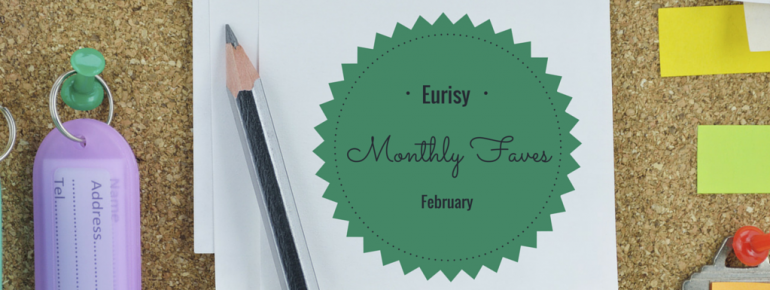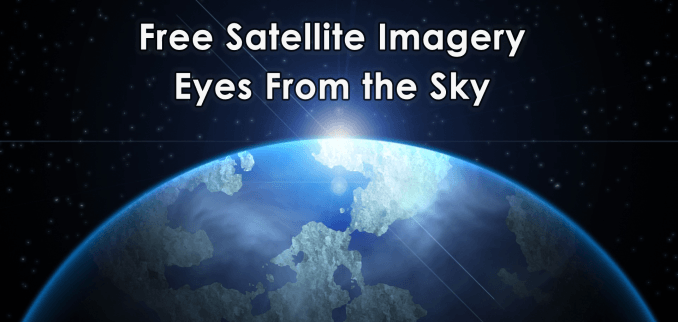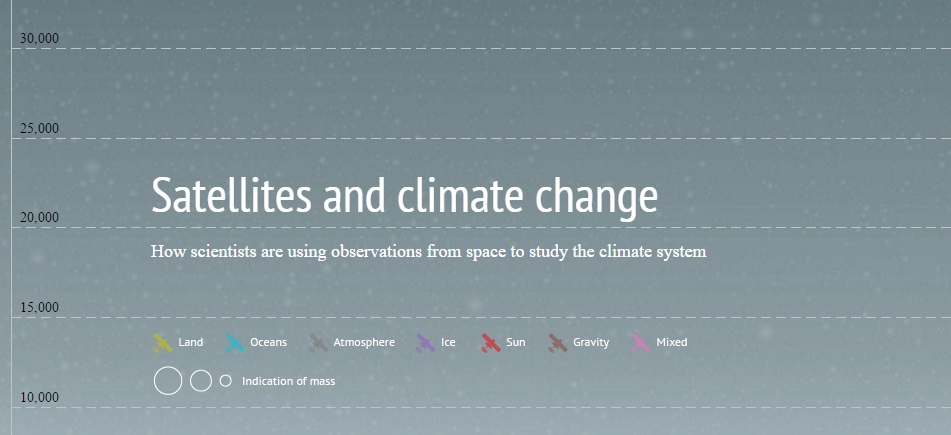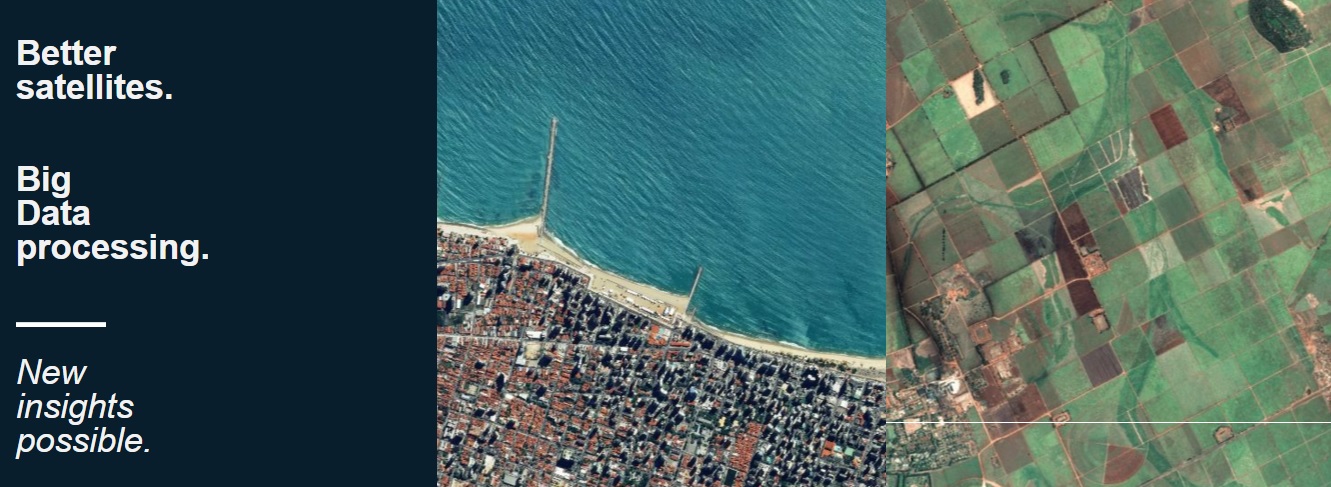Eurisy’s Monthly Faves

1. Click on Climate Change
An interactive overview by Carbon Brief, a UK-based website, of the 162 climate satellites currently orbiting our home planet: how many, what they monitor, where and who pays for them.
2. Satellites Vs. Zika
The explosive spread of the Zika virus throughout the Americas has made all headlines this month. In a race against time, scientists are looking for the best ways to control this and future epidemics. What can a satellite do against a mosquito? Click to find out.
3. Individuals detecting deforestation as it happens
Brazil reduced its deforestation rate by 80% since 2004, thanks to satellites . But knowing about deforestation is one, doing something about it on the field, another. The Global Forest Watch website will allow both institutions and individuals to receive real-time deforestation alerts on their areas of interest starting March 2. So that something it done about it on the ground. Read more here.
Interested in keeping an eye on forest in Peru, The Republic of Congo or Kalimantan? You can sign up for the Tree Cover Loss alerts on their website.
4. EO education by the World Bank
As part of their “Satellites in Global Development”, the World Bank launched a new platform to raise awareness on current and upcoming sources of data, processing pipelines and data products. What we loved about this initiative? It’s targeting non-GIS experts and it comes with a glossary of terms…
GIS enthusiasts put together their list of top go-to free satellite imagery sources on GISGeography.com. Check it out here and spread the word!

6. Copernicus this Month
The Launch: February was a very busy month for our colleagues at ESA, as the Sentinel-3A satellite lifted off from Plesetsk Cosmodrome in Russia on 16 February. (relive the launch in pictures) The third ESA-developed satellite will add to the Copernicus Environment mission by providing scientists with a continuous stream of data on the Earth’s oceans. With 2/3 of the Earth’s surface being covered by oceans, the mission is vital in helping us to better understand and predict climate change effects on our environment.
The survey: Europe’s Copernicus programme was designed with future user needs and expectations in mind. Half-way through into its full operational status, the EC has launched a new survey to inventory market expectations in relation to the next generation of the Copernicus Space Component.
Take the survey here!
7. My Shake App
What would you do with a 40-second warning that an earthquake is coming? The US Geological Survey and Scientists at the University of California in Berkeley released a test version of Smartphone app that could potentially speed up earthquake alert systems. The App is currently available for Android. An Apple version is to be released shortly. Read more here.
8. Playing guitar in zero gravity
Ever wonder how it’s like to play a guitar in space? Astronaut and former Hubert Curien Award laureate, Chris Hadfield, reveals some of his tips to playing guitar….upside down.
To stay connected with our favourite stories, follow us on Twitter, Facebook and LinkedIN!


